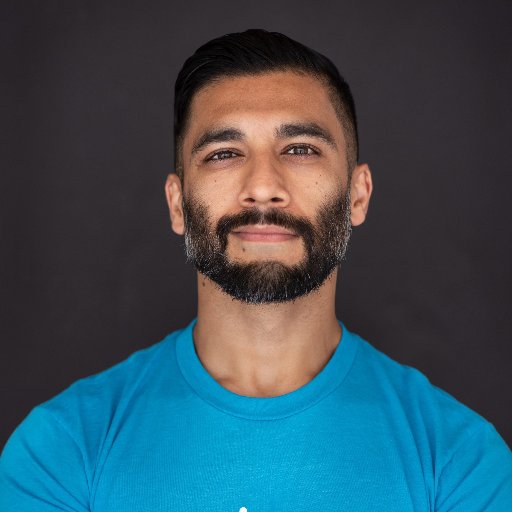Is red wine good or bad for you? Do organic foods make a difference in long-term health outcomes? Are artificial sweeteners safe to eat? How much vitamin D do you really need?
If you’ve ever tried to decipher the latest thinking on hot-button nutrition issues like these, you know how frustrating it can be. An ongoing stream of contradictory research findings all too often confuses rather than clarifies.

Sol Orwell shares your frustration. Frustration is what led the engineer-cum-entrepreneur more than a decade ago to co-found Examine, which maintains and analyzes perhaps the largest database anywhere of nutrition research.
“I was sick and tired of all the BS that supplement companies and health ‘gurus’ spread,” Orwell says. “They weren’t really interested in factual accuracy. They were far more interested in their claims of a magic cure and, of course, in selling said cure.”
After Orwell met several ASJA members at a conference in 2023, he noted their dedication and interest in improving their craft. “Journalists in general are very maligned, but I can see they care about helping their readers and about becoming better at what they do,” he says. “I saw how Examine could help with that because we’re already obsessively analyzing all the nutrition research out there.”
When Orwell offered ASJA members unlimited free access to his Examine+ database, we happily accepted. Here’s what you need to know about ASJA’s newest member benefit.
View the ASJA introduction to Examine webinar here or sign up for Examine access here. Note: you must sign into the ASJA website to access these resources.
What’s your elevator pitch for Examine?
We provide unbiased, trustworthy, collated research on nutrition topics. If you want to know specifically what fish oil does or doesn’t do, we tell you. If you want to know what impacts health conditions or outcomes like blood sugar levels, for example, we’ve got you. If you want to know what an individual study is saying, we’ve summarized it for you.
Many organizations try to make scientific research accessible. What sets Examine apart?
Our goal is to be as objective as possible. We are not accountable to any corporate interests, we don’t have investors, we don’t accept advertising, and we don’t sell any services. Obviously, we could generate a lot more revenue if we did offer nutrition coaching but that would immediately introduce a conflict of interest. And, unlike government agencies, we can quickly pivot and try new ways to make this complicated information accessible. Our users are very receptive: we’ll often get hundreds of emails in response to a question of ours and we quickly get feedback on what works and what doesn’t.
How can Examine help journalists, authors, and content writers do their jobs better?
Much of the complexity of health topics comes from figuring out how a specific study fits into the broader body of evidence and related health topics. With 30+ expert reviewers on staff, we can help disentangle controversies and convey practical takeaways that don’t overstate any findings. We can help give you that contextual knowledge that lets you help your readers.
How do you ensure that Examine’s content steers clear of conflicts of interest?
First, no Examine employee is allowed any kind of association with any other business that could create a conflict, such as supplement companies or nutrition consultants. We don’t accept any gifts and we don’t give any testimonials. Second, we’re rigorous about having three different staff members review everything that gets published on Examine. That tempers any inherent unconscious bias towards any researchers we might know or feel a personal affinity towards so that what we publish is fair and objective. And if you’ve written a book on nutrition, don’t send it to us—we won’t even donate it. That book will go straight into the recycling bin.
Who are some typical Examine subscribers?
Of course, we have many health professionals who want to be able to provide their patients with an objective source of information or need to be able to brush up themselves when their patients ask them about ashwagandha or curcumin. We also have some tech bros and biohackers who always try to optimize and improve the last 1% of their health. What’s much more interesting to me are subscribers with chronic health conditions who are seeking a better way of understanding what’s happening with their health and learning about what they can and can’t control about their condition.
I hear there’s an interesting cookie story in your past. Tell me about that.
The very, very short version of that is that I was able to use the hashtag #cookielife in 2016 to build community and motivate my online community to bake and send me cookies as a way of connecting and growing my network when I moved back to Toronto. That led to several “Cookie Off” baking competitions to find the best chocolate chip cookies in New York and Toronto while donating the proceeds to charity. Then I added a Sausage Showdown, also in Toronto. By the time of my final Cookie Off in Toronto in 2019, the final tally from these events came to over $400,000 in philanthropy.
Darcy Lewis is the vice president of ASJA. Based in Chicago, she writes about health, medicine and, occasionally, nutrition.

